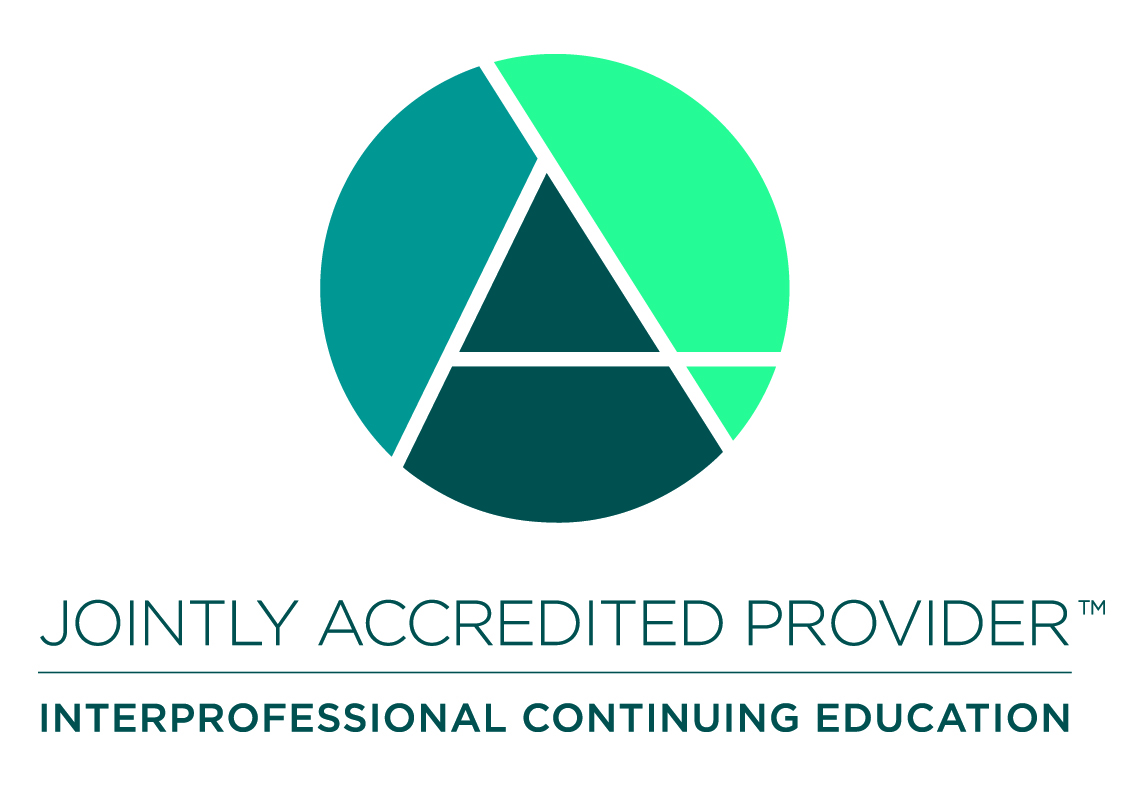
0347_ABSMC_2024 Annual Evidence Based Mindfulness Retreat for Physicians and Practitioners_ Live
Description:
Stress, burnout, and resilience are important and statistically relevant issues within physician populations. Compassion Fatigue (CF), Secondary Traumatic Stress (STS), and related literatures indicate a practice gap regarding the appropriate and sustainable types of compassion. Patient care outcomes also impinge upon physician well-being and the quality of empathic care in addition to logistical patient care outcomes. This evidence-based mindfulness retreat aims to equip healthcare professionals with tools they can easily implement in the hospital and ambulatory setting. These tools will help healthcare professionals who are or may be experiencing heightened levels of emotional exhaustion and stress. Studies suggest that burnout has been shown to negatively impact physical and mental health, increase implicit bias, healthcare professional turnover, and attrition from the profession, medical errors, unhealthy substance use, and poor patient outcomes.
Target Audience
Physicians (MD or DO)
Other Healthcare Professionals
Learning Objectives
After the completion of this activity learners should be able to:
1. Internalize the use of short feasible Mindfulness Meditation practices during a hectic workday to reduce stress and implicit biases.
2. Reflect on the meta-analytic and research literature supporting mindfulness meditation practice, including critical and even-handed evaluation of the evidence as a strategy to improve patient-centered care.
3. Prioritize the ability to express empathy toward patients and colleagues, and to express self-compassion towards oneself.
4. Recognize and be more aware of intergroup bias, defined as the systemic tendency to evaluate members of one's own group more favorably than members outside of one's group.
Assembly Bills 1195 & 241- Culturally Appropriate Care which is Free of Implicit Biases:
Learners are strongly encouraged to engage in self-directed learning related to the impact of implicit biases in this clinical area via the references provided below:
- Chang DF, Donald J, Whitney J, Miao IY, Sahdra B. Does mindfulness improve intergroup bias, internalized bias, and anti-bias outcomes?: A meta-analysis of the evidence and agenda for future research. Personality and Social Psychology Bulletin. 2022:01461672231178518. https://pubmed.ncbi.nlm.nih.gov/37382426/
- Murphy J, Farrell K, Kealy MB, Kristiniak S. Mindfulness as a self-care strategy for healthcare professionals to reduce stress and implicit bias. Journal of Interprofessional Education & Practice. 2023 Mar 1;30:100598.

Disclosure of Financial or In-Kind Commercial Support & Conflict of Interest
No one involved in the planning or presentation of this educational activity have any relevant financial relationship(s) to disclose with ineligible companies whose primary business is producing, marketing, selling, re-selling, or distributing healthcare products used by or on patients. No financial or in-kind commercial support was received to produce or promote this educational activity.
– Provider Designee/Verification: Kerri Maya, PhD(c), MSL, RN, NPD-BC
Lenny Husen, AS, BA, MD
Nerissa Moore
John Mouratoff, Physician
Scott Roberts, PhD, Psychology, Claremont Graduate University
Lenny Husen, AS, BA, MD
John Mouratoff, Physician
Scott Roberts, PhD, Psychology, Claremont Graduate University
Accreditation

In support of improving patient care, Sutter Health, is jointly accredited by the Accreditation Council for Continuing Medical Education (ACCME), the Accreditation Council for Pharmacy Education (ACPE), the American Nurses Credentialing Center (ANCC), and the Association of Social Work Boards (ASWB) to provide continuing education for the healthcare team.
Credit Designation Statement
Sutter Health designates this LIVE activity for a maximum of 4.50 AMA PRA Category 1 Credits™ for physicians. Learners should claim only the credit commensurate with the extent of their participation in the activity.
Note to Other Disciplines: AMA PRA Category 1 Credits HOURS™ Continuing Medical Education is acceptable for meeting the continuing education requirements for Pharmacists, Physician Assistants, Psychologists, Registered Nurses, and Respiratory Care Practitioners. For other disciplines, please check with the regulatory board for your discipline to confirm what type of credits meet the continuing education requirements. Continuing education hours for nurses accredited by ANCC, via Joint Accreditation.
Attendance & Credit Claiming
Text the 6-letter attendance verification code to (916) 866-7913 to claim credit.
Available Credit
- 4.50 AMA PRA Category 1 Credit™
Physician Credit
Sutter Health designates this Live activity for a maximum of 4.50 AMA PRA Category 1 Credit™ for physicians. Physicians should claim only the credit commensurate with the extent of their participation in the activity.
- 4.50 Non-Physician Participation Credit
Sutter Health designates this Live activity for a maximum of 4.50 Non-Physician Participation Credit. Non-Physicians should claim only the credit commensurate with the extent of their participation in the activity.
AMA PRA Category 1 Credits HOURS™ Continuing Medical Education is acceptable for meeting the continuing education requirements for Pharmacists, Physician Assistants, Psychologists, Registered Nurses, and Respiratory Care Practitioners. For other disciplines, please check with the regulatory board for your discipline to confirm what type of credits meet the continuing education requirements. Continuing education hours for nurses accredited by ANCC, via Joint Accreditation.

 Facebook
Facebook X
X LinkedIn
LinkedIn Forward
Forward